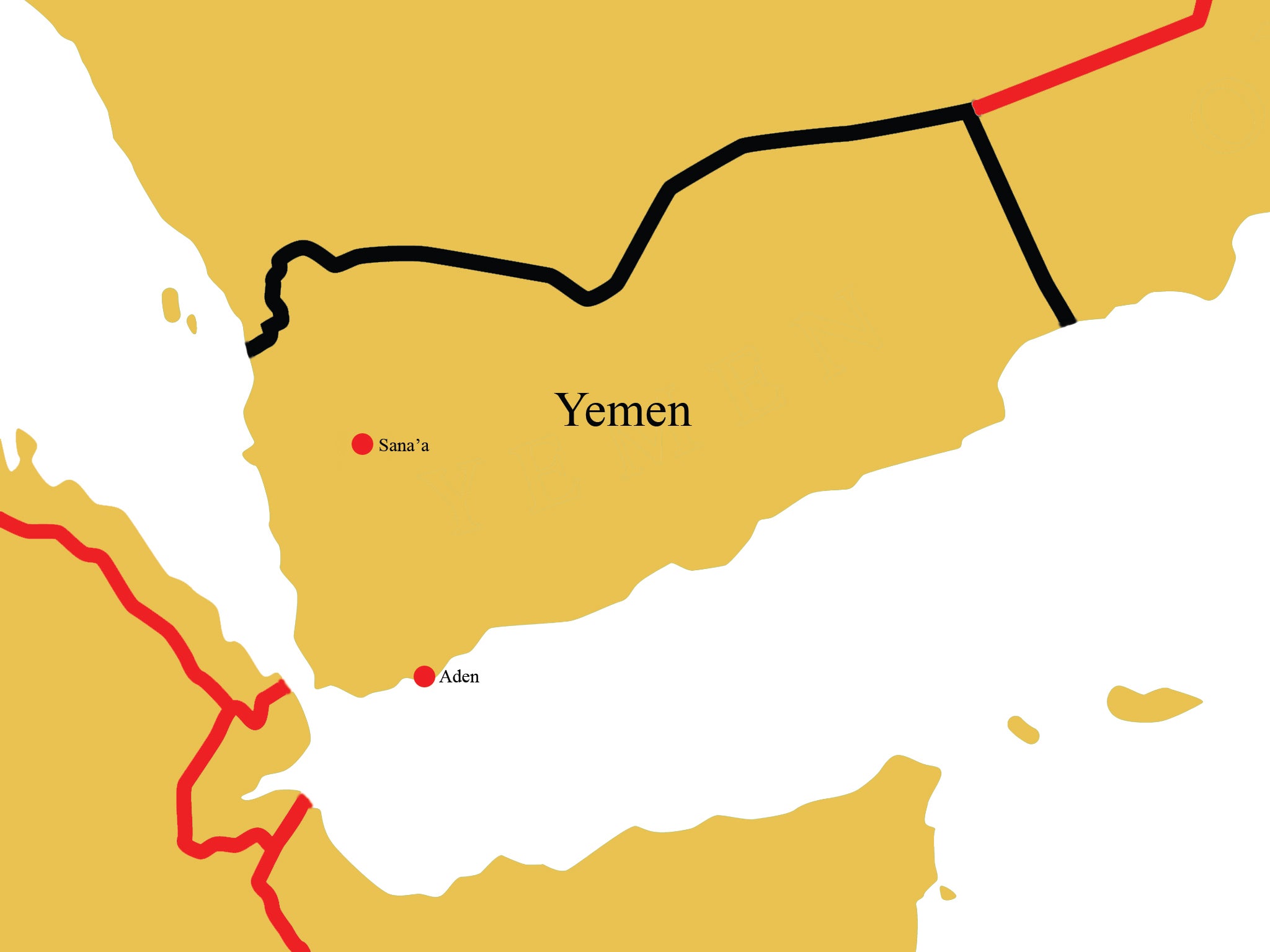What now for the Saudi-UAE alliance in Yemen?

Continuing his weekly series about the complexities of the Middle East, Ahmed Aboudouh examines the conflict in Yemen.
Southern separatists in Yemen have seized control of the city of Aden, the temporary seat of the Saudi-backed Yemeni government, in an action that can fracture the alliance between Saudi Arabia and the United Arab Emirates in the country.
The UAE-backed southern separatists want to revert to a divided north and south Yemen, which existed before 1990 unification under then-president Ali Abdullah Saleh. They have sought to drive out northern officials and the Islah party, an offshoot of the Muslim Brotherhood and allied to the internationally recognised president Abedrabbo Mansour Hadi, from the south.
While Saudi Arabia tolerates the Islah to prop up Hadi’s government in its fight against the Iran-backed Houthi rebel group who took control of swathes of the country in 2014, the UAE considers it a threat to its strategic interests in Yemen.
Why does the new rift matter?
Southern separatist forces in Yemen controlled the presidential palace and government headquarters last week in the port city that serves as a temporary capital, after four days of fighting with the Saudi-backed governmental forces.
The Southern Transitional Council (STC) is made up of several forces, parties and militias, the most powerful of which is the Security Belt – a well-equipped and battle-hardened militia, which receives backing from Abu Dhabi.
It was reported that the militia seized control of the ministry of transport offices, and rounded up southern politicians and government officials who oppose what they call a “coup”.
Saudi Arabia called on the separatists to cede control of Aden, and proposed an emergency summit in Saudi Arabia to discuss the crisis. The STC president, Aidaroos al-Zubaidi, agreed to attend.
Abu Dhabi crown prince Sheikh Mohammed bin Zayed al-Nahyan downplayed the rift with Saudi Arabia, after a summit in the kingdom on Monday, saying that the two Gulf Arab allies would “adamantly confront any and all powers that threaten the safety and security of the region”.
But the UAE still did not echo Saudi Arabia’s demand for the separatists forces to withdraw from the city.
What will happen next?
This is an unprecedented fracture in the four-year Saudi-UAE alliance in Yemen. The alliance has been put together to fight the Iran-backed Houthi rebels, who seized control of the Yemeni capital Sana’a in 2014, and pushed Hadi’s government to Aden in the south.
The UAE has reduced its military presence in Yemen, fearing a possible military conflict with Iran in the Gulf. But Abu Dhabi left behind loyal militias in Aden and other parts of the south in a bid to assert its long-term national interests.
Reports estimate that the UAE armed and trained possibly as many as 90,000 fighters in the south and west.
There has been speculation that the UAE will favour its own interests over maintaining the alliance with their country in Yemen.
Saudi Arabia also finds itself suddenly on its own in the middle of a military stalemate with the Houthis, who recently stepped up missile and drone attacks on Saudi cities.
The separatists’ move in the south could shatter the alliance which holds the UN-recognised government together, threatening the legitimacy for the Saudi-led military campaign against the Houthis.
It is still unclear, but the STC forces are in Aden for the foreseeable future. There is no indication the separatists intend to cede power any time soon.
Tens of thousands of Yemenis rallied in Aden on Thursday in support of the separatist forces’ move to take over the strategic port city.
The STC called on the people of Aden to join the rally in a show of strength before any possible talks with the government in Saudi Arabia. Analysts say the separatists seek popular legitimacy to assert their new position as the sole rulers of the south.
The rupture in the Saudi-UAE alliance, however much it is played down, will likely play into the hands of the Houthis who still control the most populous parts of Yemen.
The STC control of Aden is expected to hamper the UN efforts to de-escalate tensions in a bid to resume peace talks to end the conflict in Yemen.
The Houthis see the impasse in Aden as proof Hadi is not fit as president and can’t be a trusted partner in any future negotiations.
The war has pushed the Arabian peninsula’ poorest country to the edge of famine. Thousands have left their homes and millions live on UN aid. The deteriorating humanitarian situation has put Saudi Arabia under pressure from western allies who want to see an end to the war.
Subscribe to Independent Premium to bookmark this article
Want to bookmark your favourite articles and stories to read or reference later? Start your Independent Premium subscription today.
Join our commenting forum
Join thought-provoking conversations, follow other Independent readers and see their replies